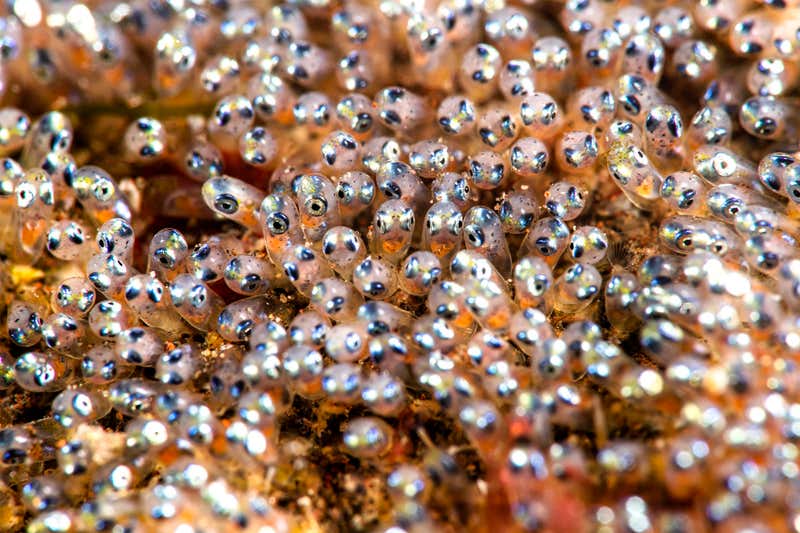SOURCE: New Scientist
DATE: July 2, 2020
SNIP: Fish are at a far greater risk from climate change than previously thought, as researchers have shown that embryos and spawning adults are more susceptible to warming oceans.
In a worst-case scenario of 5°C of global warming, up to 60 per cent of fish species around the world would be unable to cope with temperatures in their geographical range by 2100, when different stages of their lives are taken into consideration. Even if humanity meets the Paris deal’s tough goal of holding warming to 1.5°C, it would be too hot for 10 per cent of fish.
Previously, we thought that just 5 per cent of fish species would struggle to cope with 5°C of global warming, but that was based on analysis of adult fish alone.
Previous analysis has focused very little on life stages, but the team took into account differences between spawning and non-spawning adults, larvae and embryos. Spawners and embryos were found to cope with a much smaller gap between minimum and maximum temperatures, on average 7.2°C and 8.4°C respectively, than the 27.5°C range for adults.
The greater vulnerability for embryos and reproductive adults is a “major cause for concern”, said Jennifer Sunday at McGill University in Montreal, Canada, who wasn’t involved the study, in a commentary in the journal Science.
The main reason why embryos and spawners are less tolerant of warming oceans is down to their greater oxygen needs. Oxygen is more soluble in colder waters and less so in warmer ones.
Unfortunately, seas are expected to warm too quickly for evolutionary adaptation. While fish can move to cooler regions, appropriate new spawning sites aren’t always available.

